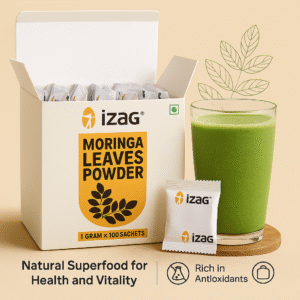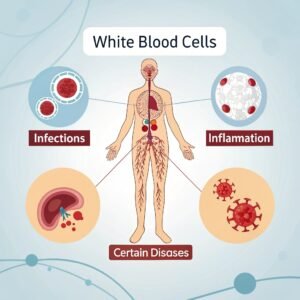Do We Get Vitamin D from the Sun?
Many people believe that we get Vitamin D directly from the sun, but this is only a half-truth. While sunlight plays a critical role in the process, it doesn’t simply give us Vitamin D. Let’s break down this common myth and understand how the sun contributes to Vitamin D production.
1. Sunlight Triggers Vitamin D Production
When UVB rays from the sun hit our skin, they initiate a process that helps convert cholesterol into Vitamin D3, which is the active form our body uses. This conversion is the first step, but it doesn’t stop there. The Vitamin D3 then travels to the liver and kidneys, where it gets activated into its usable form. So, we don’t get Vitamin D from the sun directly; sunlight activates the production process.
2. Why the Sun Isn’t Enough for Everyone
Although the sun plays a vital role, it’s not always enough to meet our Vitamin D needs:
Geographical Location: People living in areas with limited sunlight, especially during winter months, may not produce enough Vitamin D.
Skin Tone: Those with darker skin tones have more melanin, which reduces the skin’s ability to produce Vitamin D from sunlight.
Sunscreen and Clothing: Sunscreen and protective clothing can block UVB rays, reducing Vitamin D production.
Age: As we age, our skin’s ability to produce Vitamin D decreases.
3. Getting Enough Vitamin D
Since sunlight alone might not provide sufficient Vitamin D, it’s essential to ensure you’re getting enough from other sources. Incorporate Vitamin D-rich foods like fatty fish, fortified dairy products, and eggs into your diet. In some cases, supplements may also be necessary, especially for those living in areas with limited sunlight.
In conclusion, The sun helps activate Vitamin D production in our body, but various factors can influence how much we actually get. Therefore, it’s crucial to manage our Vitamin D levels through sunlight, diet, and supplements when needed.
NOTE: – IT IS ALWAYS RECOMMENDED TO CONSULT YOUR HEALTH CARE PROFESSIONAL. ALL DATA SHARED HERE ARE FOR EDUCATIONAL PURPOSES ONLY.









